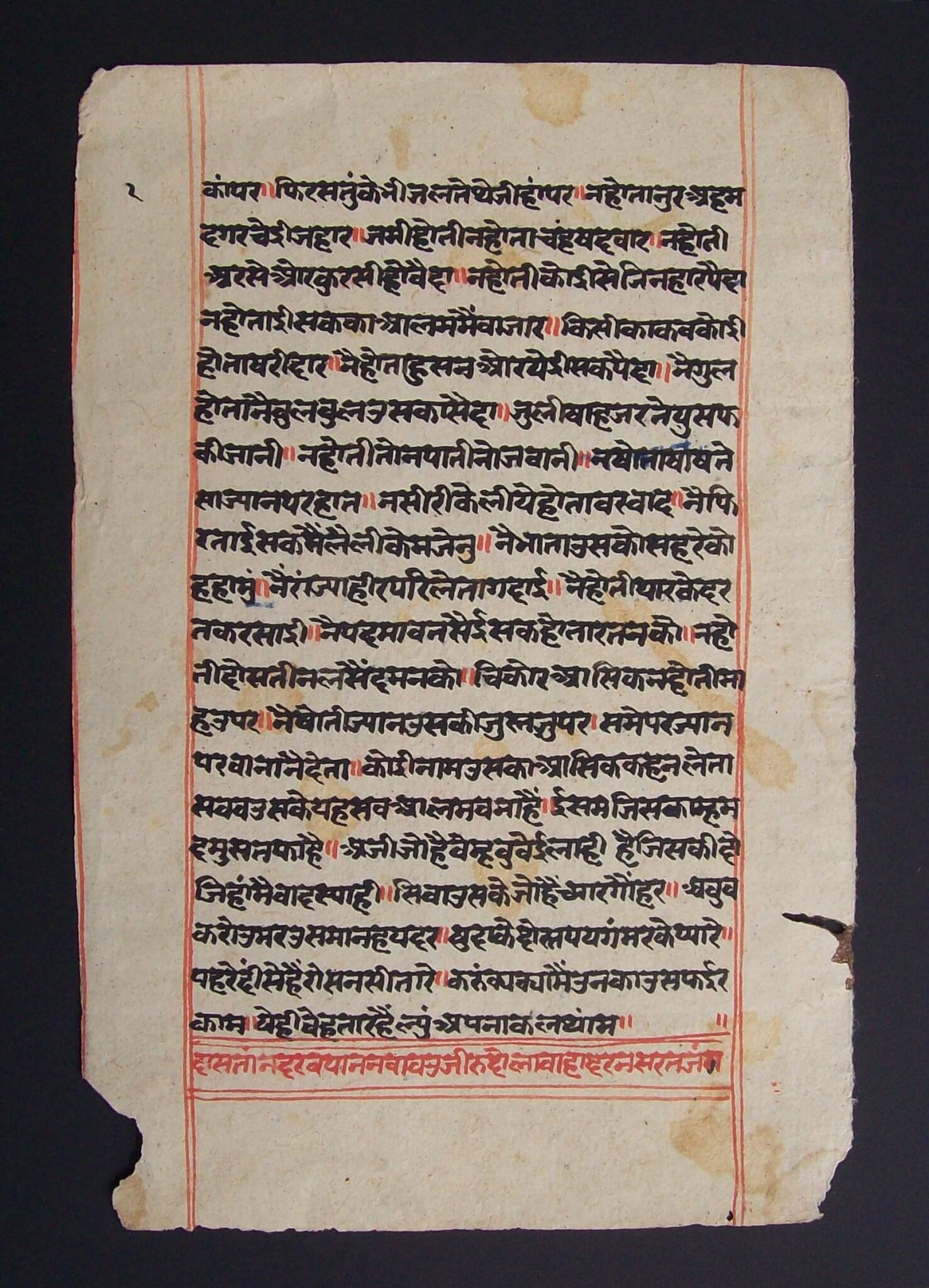
Annual Giving Campaign - 2025-2026 is under way. Donate today by Clicking Here, and help us reach our goal.
So far $293,744 has been raised out of a target of $ 3 Million. Click Here to donate today and help us reach our goal.

$1,250.00

This course is part of the following programs:
❖Admission into the MA Sanskrit Program.
❖Fluency in Sanskrit is required as the medium of Instruction is Sanskrit.
❖Successful completion of Vyakarana I


In this course students will be able to:

This course consists of four modules.
Module 01: In this course, students will begin by exploring the fundamental principles of pratyayāḥ (Sanskrit suffixes), focusing on their structure, function, and significance in word formation. The course will introduce the concept of pratyayāḥ, explaining their essential role in modifying roots to create new words. Different types of pratyayāḥ will be classified based on their meanings and applications, including nominal, verbal, and adjectival suffixes. This foundation will provide students with a clear understanding of how suffixes work within the larger framework of Sanskrit grammar and contribute to morphological transformations.
Module 02: The course will examine the process of noun formation using pratyayāḥ. Through detailed analysis, students will study common nominal suffixes, such as -man, -īya, -tva, and -ta, and explore how they generate different noun forms from a single root. Emphasis will be placed on understanding how suffixes influence the gender, case, and meaning of the noun. Practical exercises will allow students to apply their knowledge by forming new nouns and identifying the grammatical and semantic properties of derived noun forms.
Module 03: This module focuses on distinguishing between different noun-forms derived through pratyayāḥ. Students will learn to identify the subtle differences in meaning and usage that arise from various suffixes. This section will include comparative analyses of noun forms, enabling students to discern when and why certain suffixes are chosen over others based on the context. In addition, students will practice applying their understanding of noun forms in real-world Sanskrit texts, developing the ability to select the appropriate form in different linguistic contexts, including both classical and Vedic Sanskrit.
Module 04: The course will explore hypothesizing and forecasting new noun-forms based on the patterns learned throughout the course. Students will be trained to create novel noun forms using pratyayāḥ, applying their knowledge of root words and suffixes. Exercises will encourage students to predict new words they might encounter in complex Sanskrit texts, as well as expand the lexicon by generating fresh noun forms. Additionally, advanced topics will discuss the role of pratyayāḥ in Sanskrit syntax and semantics, especially in Vedic and philosophical contexts, providing students with the tools to analyse complex sentences and understand the deeper meanings embedded in Sanskrit words and phrases.
Each MSV course comprises 45 hours of teaching and with 2 quizzes and 2 assignments. The number of assignments and quizzes change subject to faculty discretion. Final exams for all courses conducted at the end of the semester.
$1,250.00
On the program page, there are multiple payment plan options to choose from.


